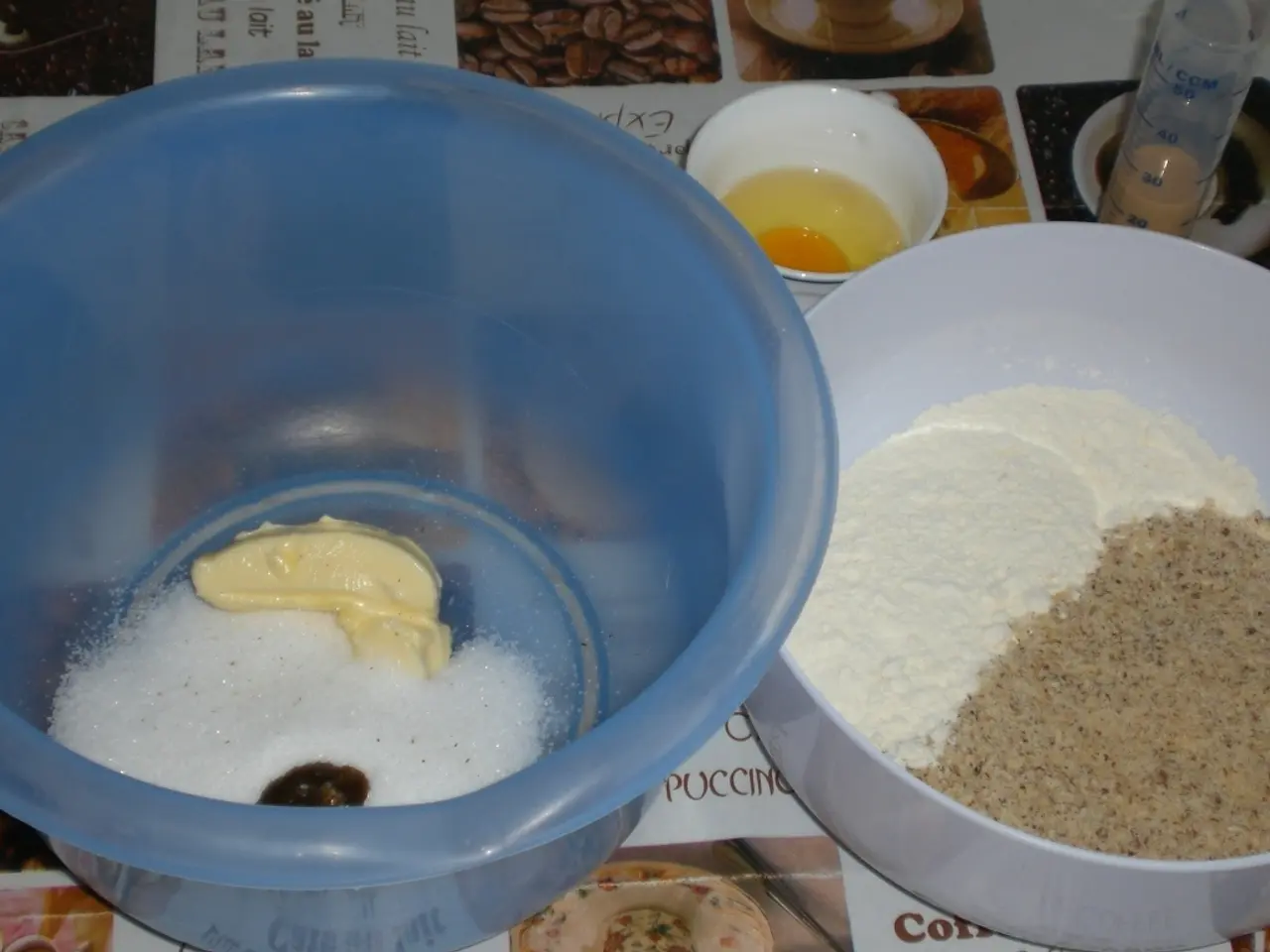Understanding Colitis: An Explanation of Its Variations, Symptoms, Treatments, and Beyond
Colitis, a term that refers to inflammation within the lining of the colon, is a common health issue that affects many individuals. It encompasses several types, each with different causes and treatment options.
Types of Colitis
Ulcerative Colitis (UC)
Ulcerative Colitis is a chronic inflammatory bowel disease primarily affecting the rectum and colon mucosa. Depending on the extent of the inflammation, UC can be divided into three forms:
- Ulcerative Proctitis: Inflammation limited to the rectum, causing symptoms such as rectal bleeding and painful bowel movements.
- Left-Sided Colitis: Involves the rectum, sigmoid, and descending colon, resulting in symptoms like bloody diarrhea, left abdominal cramps, and urgency.
- Extensive Colitis (Pancolitis): Affects the entire colon, leading to severe abdominal pain, persistent bloody diarrhea, fatigue, and weight loss.
Microscopic Colitis
Characterised by inflammation that can only be seen under a microscope, Microscopic Colitis includes two main types, each causing chronic watery diarrhea. Treatment for this condition varies and is often centered around lifestyle changes and medication.
Causes
Ulcerative colitis is an autoimmune condition where the immune system attacks the colon lining, causing chronic inflammation. Although the exact cause remains unknown, it is believed to involve genetic, environmental, and immune factors.
Microscopic colitis may be associated with immune dysregulation and sometimes medications, but the precise causes remain unclear.
Treatment Options
Ulcerative Colitis
Treatment for Ulcerative Colitis typically involves medications aimed at reducing inflammation and maintaining remission. These can include:
- Aminosalicylates (e.g., mesalamine) for mild-moderate symptoms.
- Corticosteroids (e.g., prednisone) for severe flare-ups.
- Immunosuppressants (e.g., azathioprine).
- Biologics targeting immune pathways (e.g., infliximab, vedolizumab).
- JAK inhibitors (e.g., upadacitinib).
In cases where medication fails or complications develop, surgery may be necessary. Treatment for Ulcerative Colitis is individualized and overseen by a gastroenterologist, often involving colonoscopy monitoring.
Microscopic Colitis
Treatment for Microscopic Colitis is symptom-based, as symptoms can flare and remit spontaneously. It may involve dietary and lifestyle modifications, as well as medications depending on symptom severity.
In addition to the aforementioned conditions, other forms of colitis include Ischemic Colitis, Pseudomembranous Colitis, and Colitis resulting from cytomegalovirus (CMV).
With appropriate treatment, individuals can manage chronic conditions such as UC and Crohn's disease, achieving remission. However, these conditions are typically lifelong, with the potential for flare-ups. Prevention measures for colitis include not smoking, maintaining a healthy diet, avoiding caffeine, alcohol, high fiber foods, and carbonated drinks, and staying hydrated.
For more information and support, visit the Crohn's & Colitis Foundation. If you experience any of the symptoms mentioned, it is essential to consult a doctor promptly.
- Despite its inflammatory nature, Ulcerative Colitis primarily affects the rectum and colon mucosa.
- Ulcerative Proctitis is a form of Ulcerative Colitis with inflammation limited to the rectum.
- Chronic watery diarrhea is a common symptom of Microscopic Colitis, a condition characterized by inflammation that can only be seen under a microscope.
- The exact cause of Ulcerative Colitis remains unknown but is believed to involve genetic, environmental, and immune factors.
- Aminosalicylates, corticosteroids, immunosuppressants, biologics, JAK inhibitors, and surgery may be used in the treatment of Ulcerative Colitis.
- Health-and-wellness practices, such as avoiding caffeine, alcohol, high fiber foods, and carbonated drinks, can help prevent colitis.
- Mental-health support and skin-care routine are essential aspects of health-and-wellness for individuals living with chronic diseases like Ulcerative Colitis and Crohn's disease.





